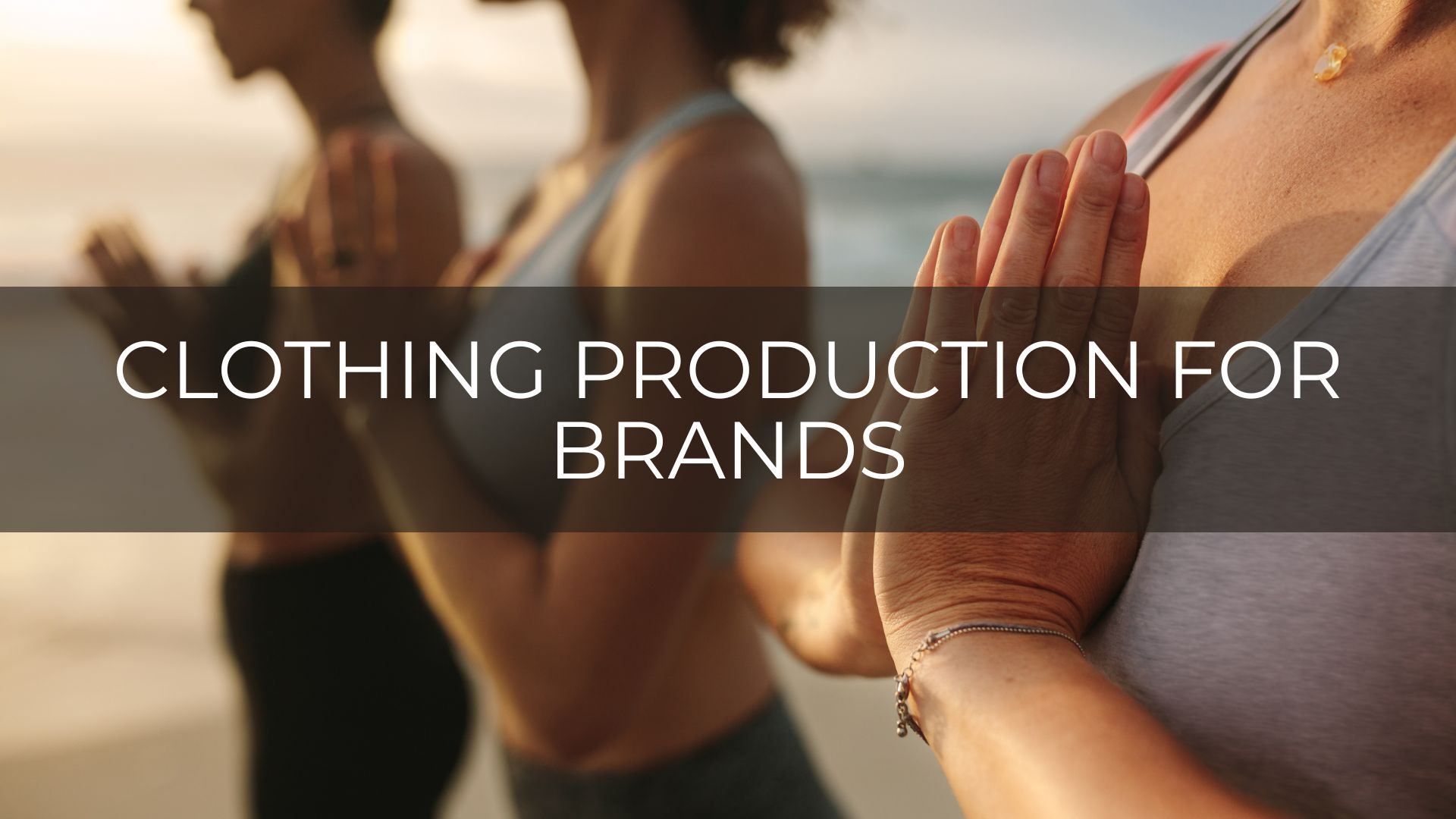Bali has become a global hub for activewear production, attracting both established brands and emerging designers. The island offers a combination of skilled craftsmanship, premium fabrics, sustainable practices, and full-service manufacturing, making it an ideal location for creating high-quality fitness apparel.
An activewear factory in Bali provides more than just garment production it offers a complete solution that includes design collaboration, fabric sourcing, prototyping, quality control, and delivery. Brands benefit from the expertise of local artisans who understand the technical requirements of performance clothing while maintaining a focus on aesthetics and style.
For modern activewear brands, working with a Bali-based factory means gaining access to a partner capable of delivering garments that meet global standards while also supporting sustainable and ethical practices.
Collaborating from Design to Prototype
The production journey begins with design collaboration. Bali activewear factories work closely with brands to bring their ideas to life. From selecting fabrics to creating patterns and prototypes, every step is designed to ensure that the final garments match the brand’s vision and performance standards.
Prototyping is particularly important in activewear. Samples are tested for fit, stretch, moisture management, and durability. Designers have the opportunity to adjust seam placements, compression zones, or ventilation features to ensure that garments are both functional and comfortable.
This iterative process allows brands to refine their designs before committing to full-scale production. Bali-based factories are known for their flexibility in small-batch prototyping, enabling designers to experiment with new fabrics, colors, and construction techniques without excessive cost.
Fabric Selection and Technical Materials
High-performance activewear relies heavily on the choice of fabric. Bali factories provide access to a variety of technical materials, including moisture-wicking polyester blends, spandex for stretch and recovery, recycled fibers, and breathable natural fabrics.
Fabric selection impacts not only comfort but also durability and performance. Stretchy materials allow freedom of movement, moisture-wicking fabrics regulate body temperature, and reinforced areas provide extra support where needed.
Sustainable fabric options, such as organic cotton or bamboo blends, allow brands to meet growing consumer demand for eco-friendly clothing. Bali factories can guide brands in selecting fabrics that balance functionality, aesthetics, and environmental responsibility.
Small-Batch and Custom Production
Many activewear brands require small-batch or custom production to maintain exclusivity or test new designs. Bali factories specialize in providing this flexibility, catering to startups, boutique labels, and seasonal collections.
Small-batch production ensures meticulous attention to detail. Every garment is carefully constructed, with skilled artisans focusing on stitching, finishing, and quality control. Custom production allows designers to implement unique features such as ergonomic cuts, reinforced seams, ventilation panels, and specialized prints.
This flexibility supports innovation, allowing brands to develop distinctive activewear collections that stand out in the competitive market. Collaboration with a factory in Bali ensures that even small orders receive the same high-quality craftsmanship as larger productions.
Quality Control and Technical Expertise
Quality control is a critical aspect of activewear production. Bali factories implement rigorous inspection processes to ensure that every garment meets standards for fit, stitching, stretch, and durability.
Technical expertise is essential in manufacturing activewear, which requires understanding how fabrics behave under movement, compression, and repeated wear. Bali-based artisans have extensive experience creating garments that maintain shape and performance over time.
Designers benefit from this expertise, receiving recommendations on garment construction, fabric performance, and finishing techniques that improve comfort, functionality, and longevity.
Sustainable and Ethical Manufacturing Practices
Sustainability and ethical practices are increasingly important in activewear production. Bali factories often integrate eco-friendly practices such as using recycled fabrics, low-impact dyes, and minimizing material waste.
Ethical labor practices are equally important. Skilled workers are fairly compensated, work in safe conditions, and have their craftsmanship respected. Partnering with a factory that prioritizes sustainability and ethics allows brands to produce activewear responsibly, appealing to environmentally and socially conscious consumers.
Many factories also focus on sustainable packaging and waste reduction throughout production. This ensures that every aspect of manufacturing, from fabric sourcing to delivery, aligns with modern standards of responsibility.
End-to-End Production and Logistics
Bali factories provide comprehensive services that go beyond garment construction. This includes packaging, labeling, quality inspections, and international shipping. By offering end-to-end solutions, factories simplify the production process, allowing brands to focus on marketing, sales, and customer engagement.
International shipping is handled with care, ensuring garments reach their destination safely and on time. Experienced factories understand customs requirements, documentation, and packaging standards, reducing potential delays and ensuring consistency in product delivery.
Full-service production support from design to delivery enables brands to maintain high standards throughout the entire manufacturing process. This level of support is especially valuable for smaller brands or startups entering the global activewear market.
Creative Inspiration from Bali
Bali’s environment fosters creativity. The island’s tropical landscapes, cultural richness, and artisan craftsmanship often influence the aesthetic of activewear collections produced locally. Designers can incorporate unique colors, patterns, and design elements inspired by Bali’s natural and cultural heritage.
Working in Bali encourages mindfulness and attention to detail. Designers have the opportunity to refine fabric choices, garment construction, and finishing techniques. The result is activewear that combines performance, comfort, and style, while reflecting the creativity and culture of Bali.
This cultural influence can help brands differentiate their collections, offering consumers garments that are both functional and visually distinctive.
Building Long-Term Partnerships
Selecting the right Bali factory is about establishing a long-term relationship. Trusted manufacturers provide guidance, technical expertise, and consistent quality across multiple collections.
Long-term collaborations allow brands to innovate with fabrics, experiment with design features, and scale production while maintaining high standards. Experienced factories anticipate challenges, suggest improvements, and adapt to evolving brand requirements.
These partnerships foster trust, collaboration, and continuous improvement, making Bali a premier hub for activewear production. Brands benefit from a reliable partner who understands their needs and can consistently deliver high-quality garments.
Why Bali Remains a Top Choice for Activewear Brands
Bali offers a unique combination of skilled artisans, technical expertise, premium fabrics, small-batch flexibility, sustainable practices, and full-service production. Designers benefit from a collaborative approach, meticulous quality control, and a culturally rich, inspiring environment that encourages creativity.
From initial design to final delivery, Bali factories provide end-to-end support, ensuring that every activewear garment meets performance, aesthetic, and ethical standards. For brands seeking to produce functional, stylish, and responsibly-made activewear, Bali represents an unmatched production ecosystem.
Partnering with the right activewear factory in Bali ensures that each garment reflects precision, care, and commitment to quality. Consumers receive clothing that is comfortable, durable, stylish, and sustainably produced, allowing brands to stand out in a competitive global market.


